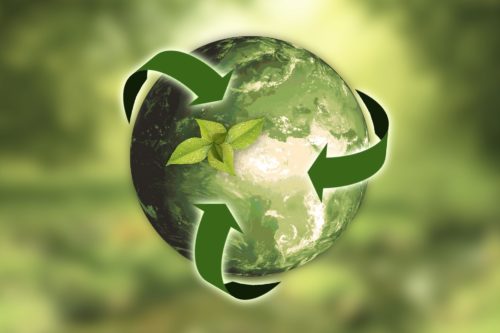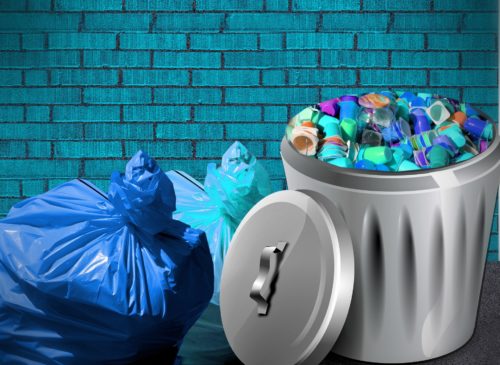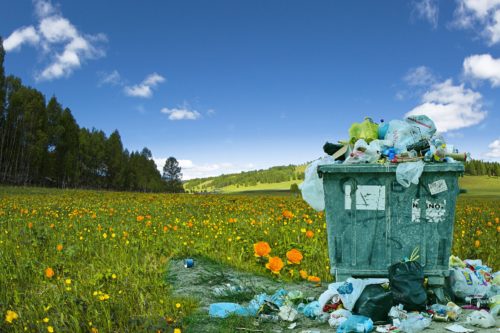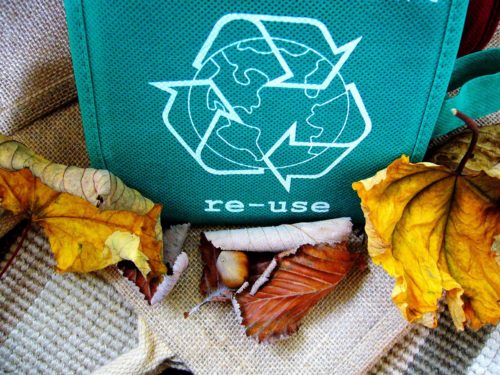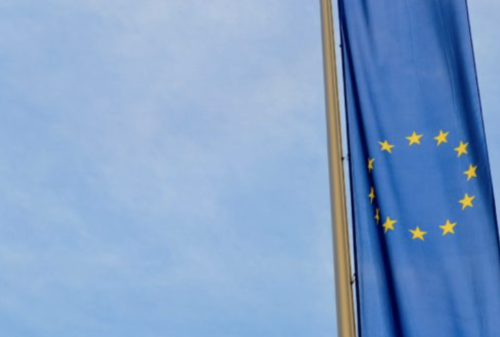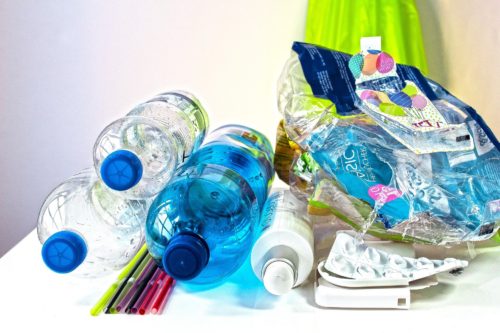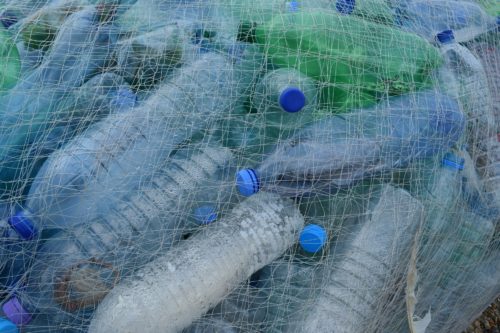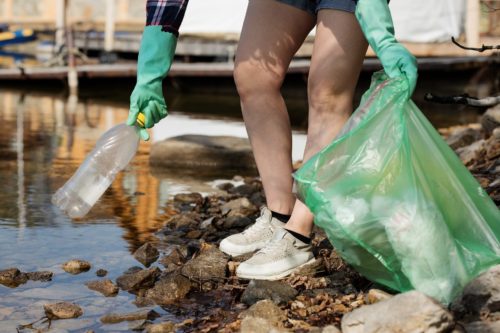Contact
BEYOND RECYCLING
BEYOND RECYCLING
What can recycling do to prevent excessive plastic pollution?
Plastic pollution is the main determinant in controlling the deterioration of ecosystems, according to a study by Nature. In other words, to ensure greater sustainability of the planet, it is key to promote plastic recycling, for example, promoting growth in the production of reusable PET containers, which will help reverse…
Plastic recycling in Spain
Although plastic recycling in Spain has made great progress in recent years, there is still much room for improvement in the future. In global terms, recycling of household plastics has already exceeded 600,000 tons per year in the country, which means that each inhabitant recycles around 13 kilos of plastic…
Main uses of PET, the king of plastic materials
Polyethylene terephthalate or polyethylene terephthalate is the material that makes up PET containers. This type of plastic is increasingly used by different economic sectors, thanks to the important advantages it offers, such as its flexibility and lightness, the chemical and thermal resistance it withstands, its resistance to abrasion and breakage,…
The challenges of PET packaging in 2022
Recycled plastic will be one of the major players in the coming years. So much so that, for example, the European Union (EU), within the framework of its Circular Economy Strategy, has set as its main objective to ensure that by the year 2030 all packaging on the market will…
Compostability and recyclability: two ways to promote the Circular Economy through plastics
The European Union’s (EU) Circular Economy strategy aims to move towards a more sustainable production model, reducing the use of energy and different materials and seeking to reintegrate waste into the ecosystem or, in turn, towards new production processes. Plastics play a key role in this scheme, as they are…
What will the European Circular Economy strategy mean for rPET packaging?
Europe has set as one of its major challenges the implementation of a Circular Economy strategy that is truly committed to sustainability. This means, among other milestones, implementing measures and aids to extend the useful life of materials such as plastic. The main document to underpin this initiative was presented…
Main types of plastics by use and recycling tolerance
Although it may seem that plastic has always been present in the economy, its origin dates back to the end of the 19th century, although it was not until the first decade of the 20th century that Leo Baekeland invented Bakelite, the first thermosetting plastic. Two decades later, the first…
How the future Royal Decree on packaging and packaging waste will impact plastics recycling
At the end of September, the Ministry for Ecological Transition, and the Demographic Challenge (MITECO) opened the draft Royal Decree on packaging and packaging waste for public information. This text aims to transpose the last of the pending Directives of the 2018 European Circular Economy package, applying the precepts of…
Why is traceability so important in plastics recycling?
Knowing as best as possible each stage in the life cycle of a product, from its collection and first transformation until, finally, it is acquired on the shelf of some establishment by the end customer, is very important. And not only to know if it is possible to improve productivity…
The main advantages of rPET packaging over other packages
It is fully sustainable and recyclable. In fact, it is made from materials that have been recycled, mainly PET food packaging, and that have been thrown into their corresponding container. We are talking about rPET (technically called polyethylene terephthalate), a thermoformable material that, thanks to its usefulness and its very…
- Nuñez de Balboa, 120 E28006 Madrid
- +34 915 625 410
- Polígono Industrial Romica, Calle 5 E02007 Albacete (Spain)
- Do you want to work with us?
Ethical Channel:

PROJECT CO-FINANCED BY THE EUROPEAN UNION MULTI-REGIONAL OPERATIONAL PROGRAM FOR SPAIN 2014-2020
Project: new plastic treatment plant and recycling of plastics

A WAY OF MAKING EUROPE

